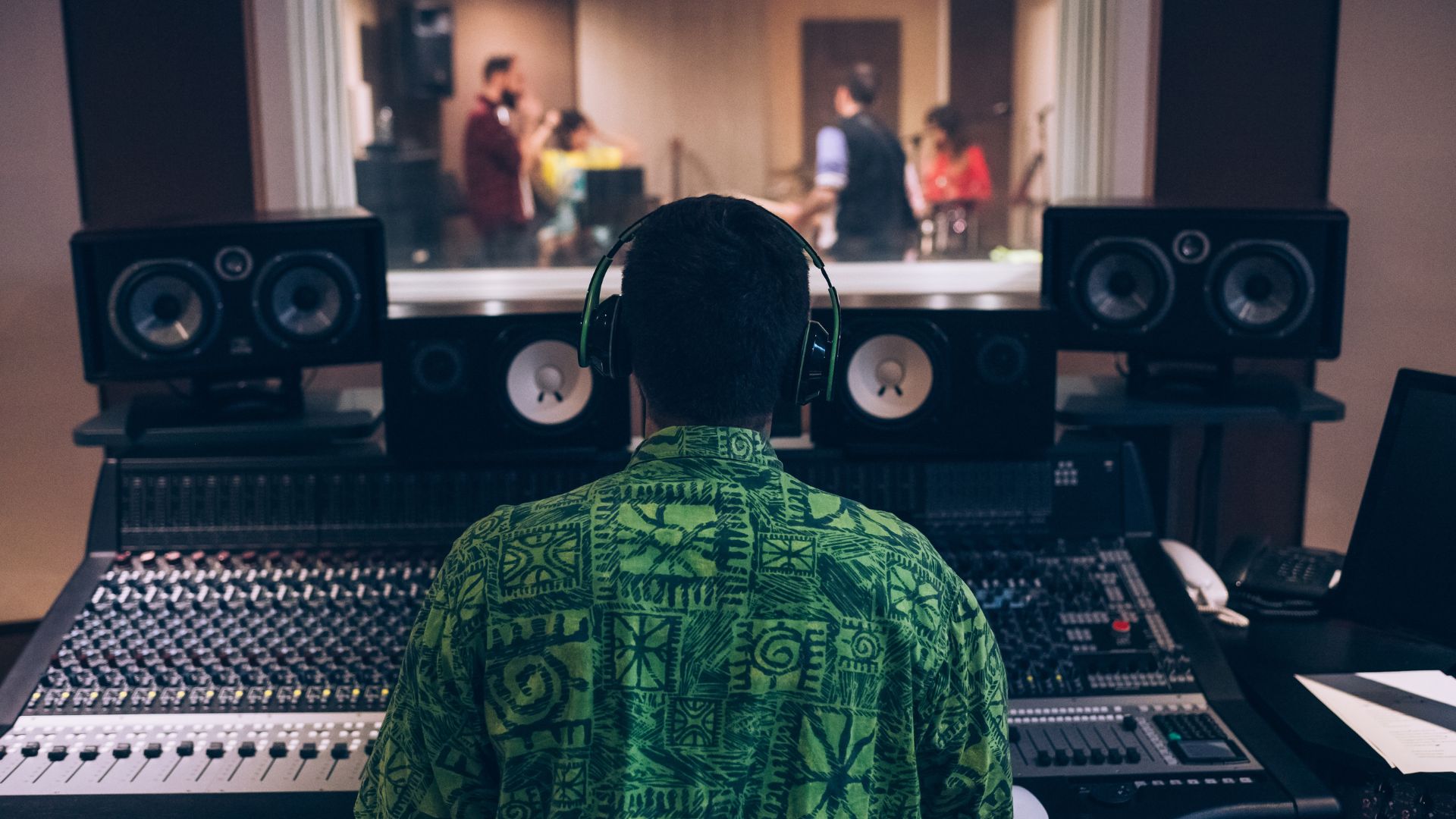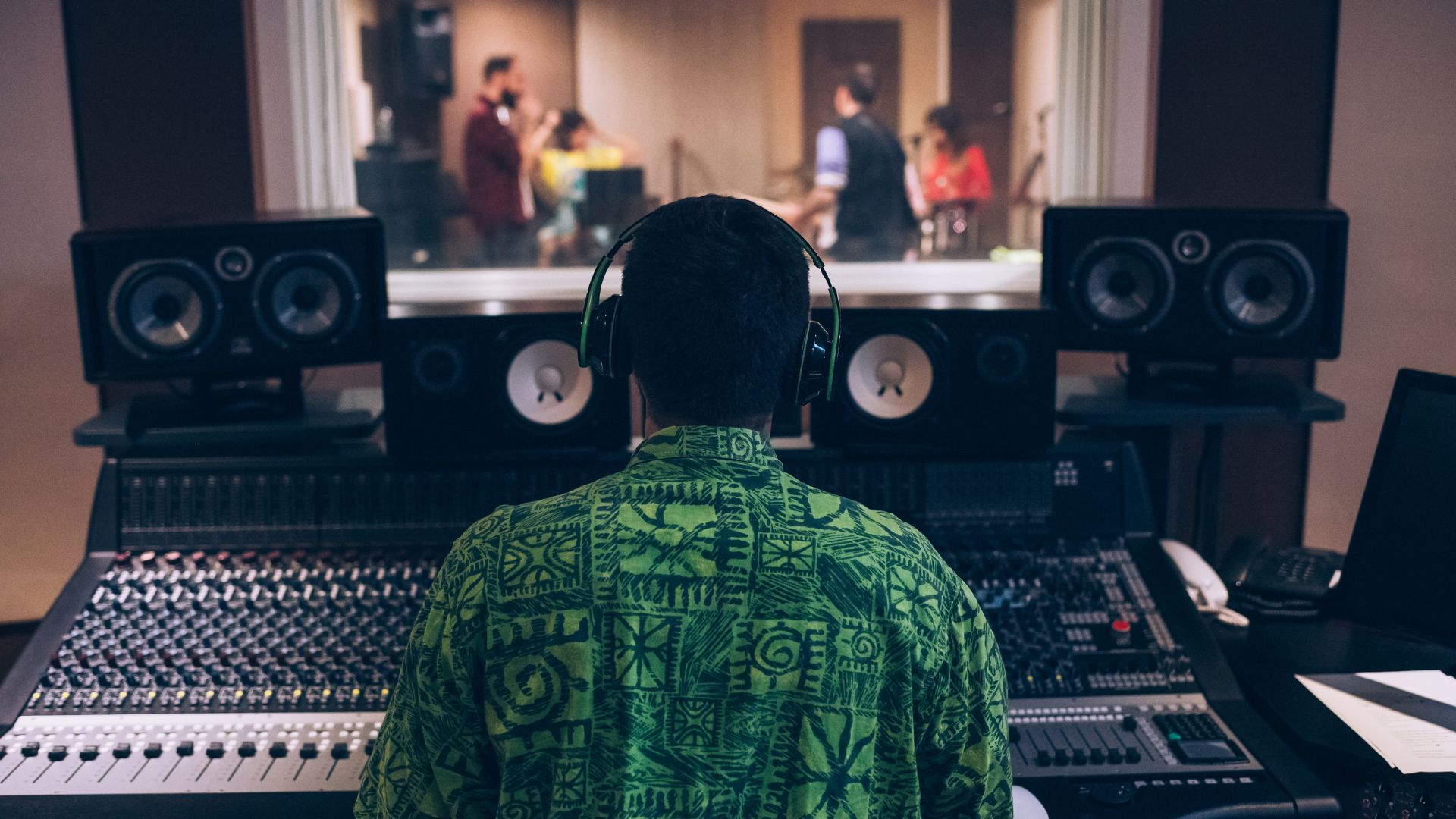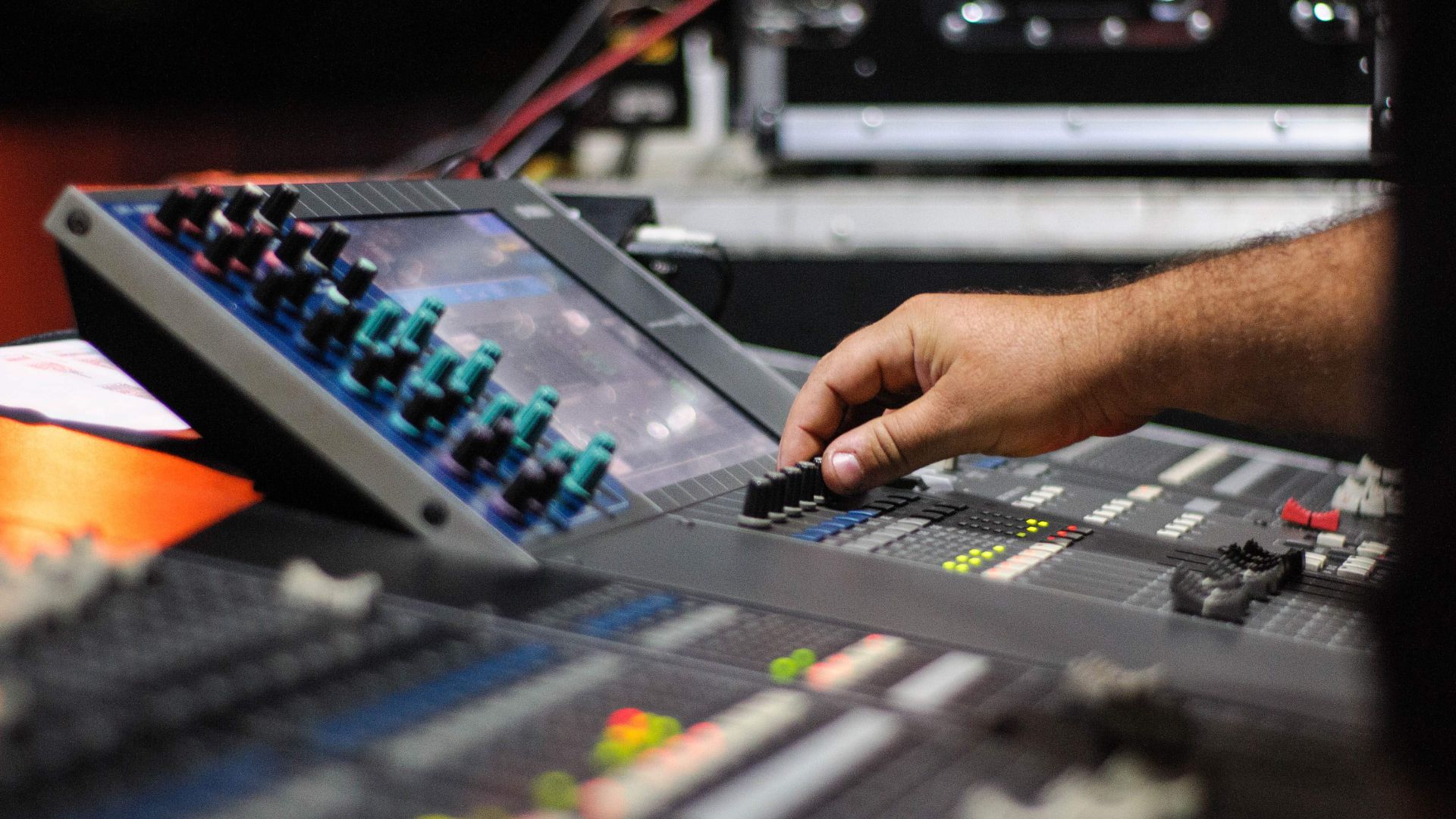Mixing Mastery Your Path to Professional Sound Engineering

Sound engineering is an art form that transcends the boundaries of music—it's the backbone of audiovisual storytelling. Whether it's a film, a game, or a podcast, mastering the intricacies of mixing is crucial for delivering a polished and professional product. Embarking on the journey of mixing mastery requires both technical expertise and a discerning ear. Here's your guide to navigating the path toward becoming a proficient sound engineer.

Invest in Quality Equipment
The foundation of any good mix is the equipment you use. Invest in quality headphones, monitors, and audio interfaces. A clear and accurate representation of sound is essential for making informed mixing decisions.
Understand the Basics of Signal Flow
A sound engineer should be fluent in the language of signal flow. From input sources to output destinations, understanding how audio signals move through your equipment is fundamental to achieving a clean and well-balanced mix.
Balance is Key
Achieving a balanced mix involves setting appropriate levels for each element in your audio. Pay attention to the relationship between different instruments or sound effects to avoid any one element dominating the mix.
Embrace the EQ
Equalization is a powerful tool for shaping the tonal characteristics of your audio. Learn to identify and address frequency clashes, ensuring each element has its own sonic space.
Dynamic Range and Compression
Understanding dynamic range and employing compression techniques helps maintain a consistent audio level. Compression controls the peaks and valleys in your audio, ensuring a more controlled and polished sound.

Spatialization with Reverb and Delay
Create a sense of space in your mix by using reverb and delay. These effects add depth and dimension, immersing the listener in a three-dimensional sonic environment.
Continuous Learning and Practice
Sound engineering is an evolving field. Stay updated on the latest technologies and techniques. Regular practice, experimentation, and learning from both successes and mistakes are essential for growth.

Becoming a master of sound engineering is a journey that requires dedication and a passion for sonic excellence. By investing in quality equipment, understanding the fundamentals of mixing, and continuously refining your skills, you can unlock the door to a world where your audio creations resonate with clarity and professionalism. So, step into the realm of mixing mastery, where every tweak and adjustment brings you closer to sonic perfection.




